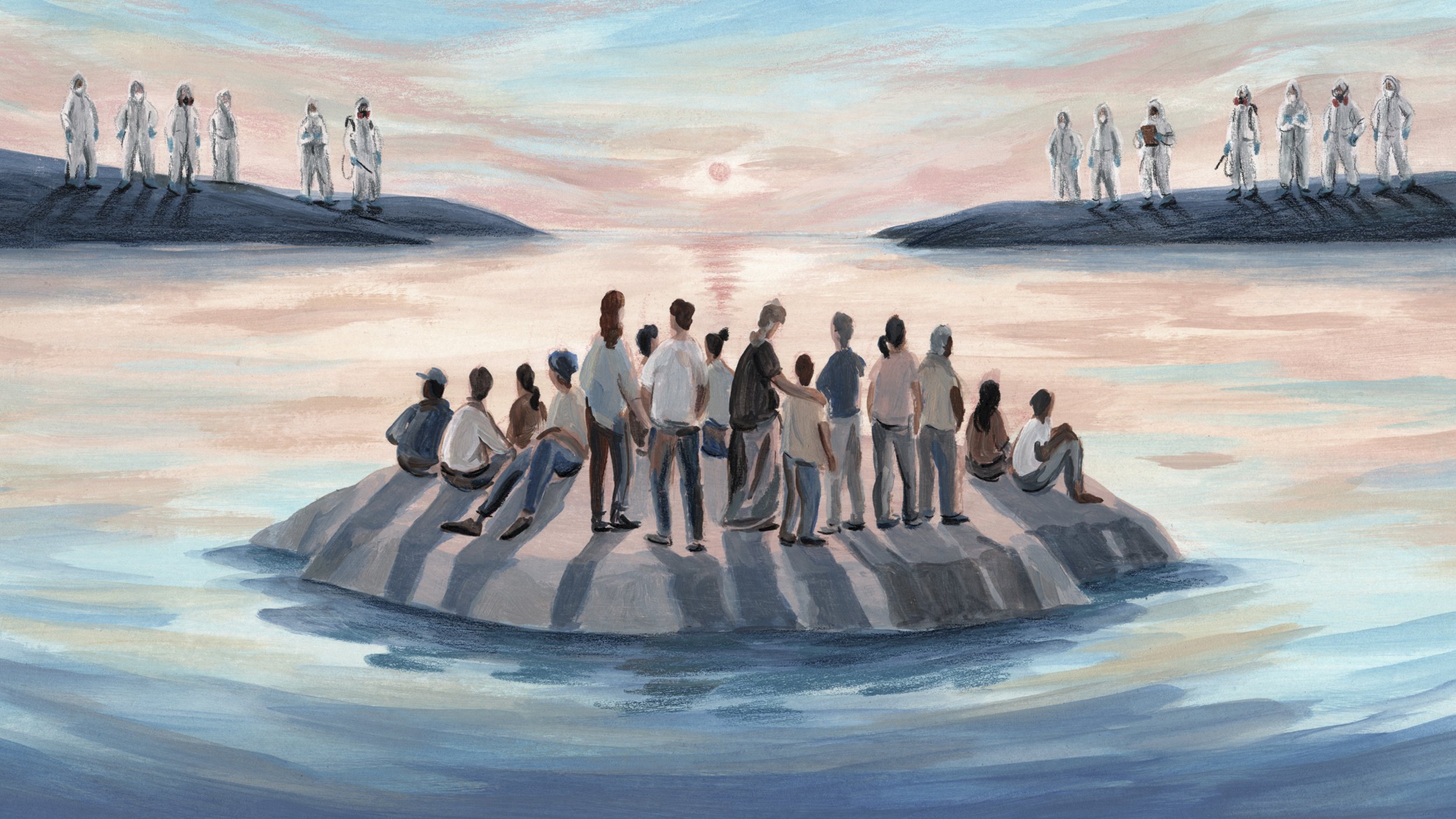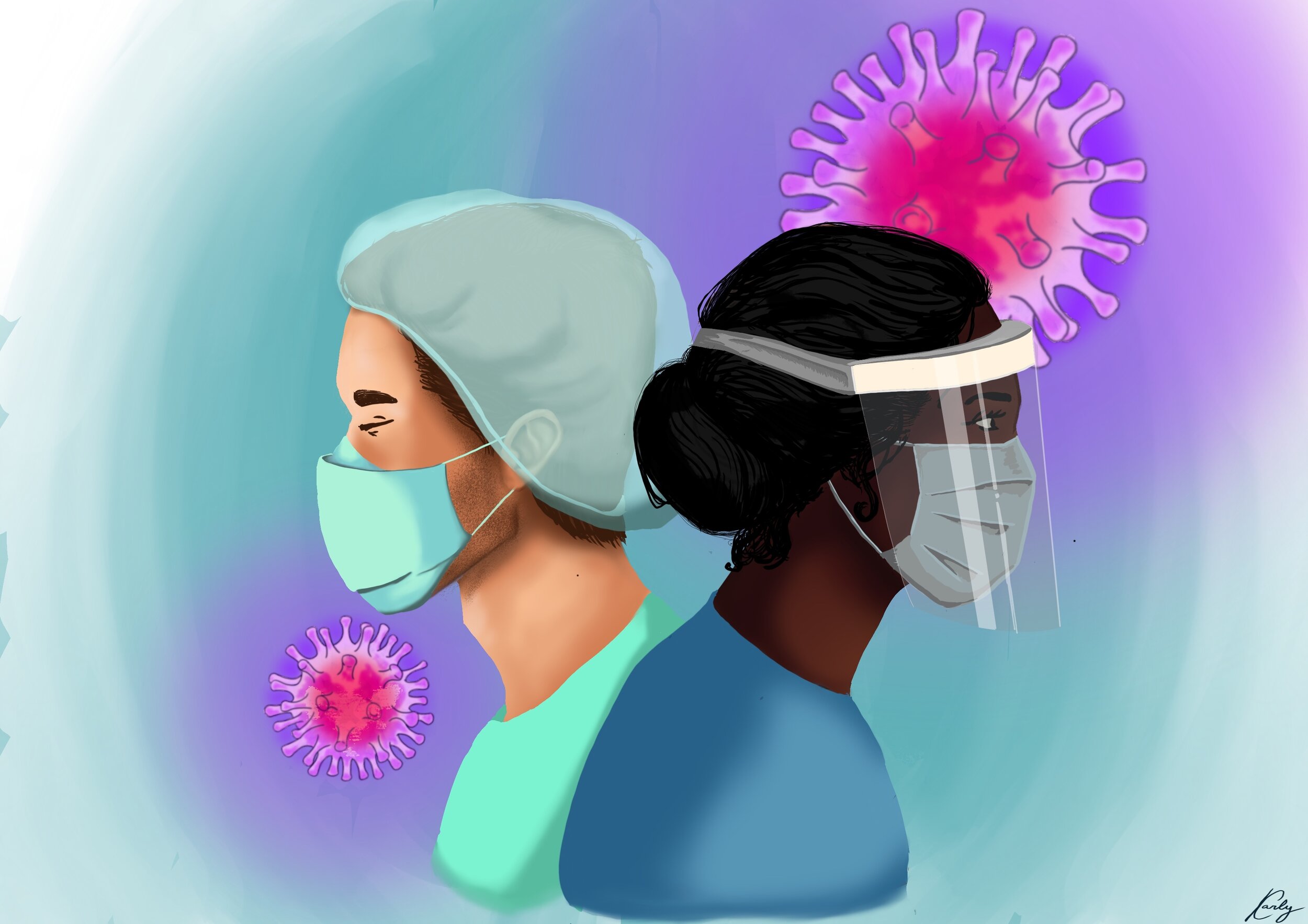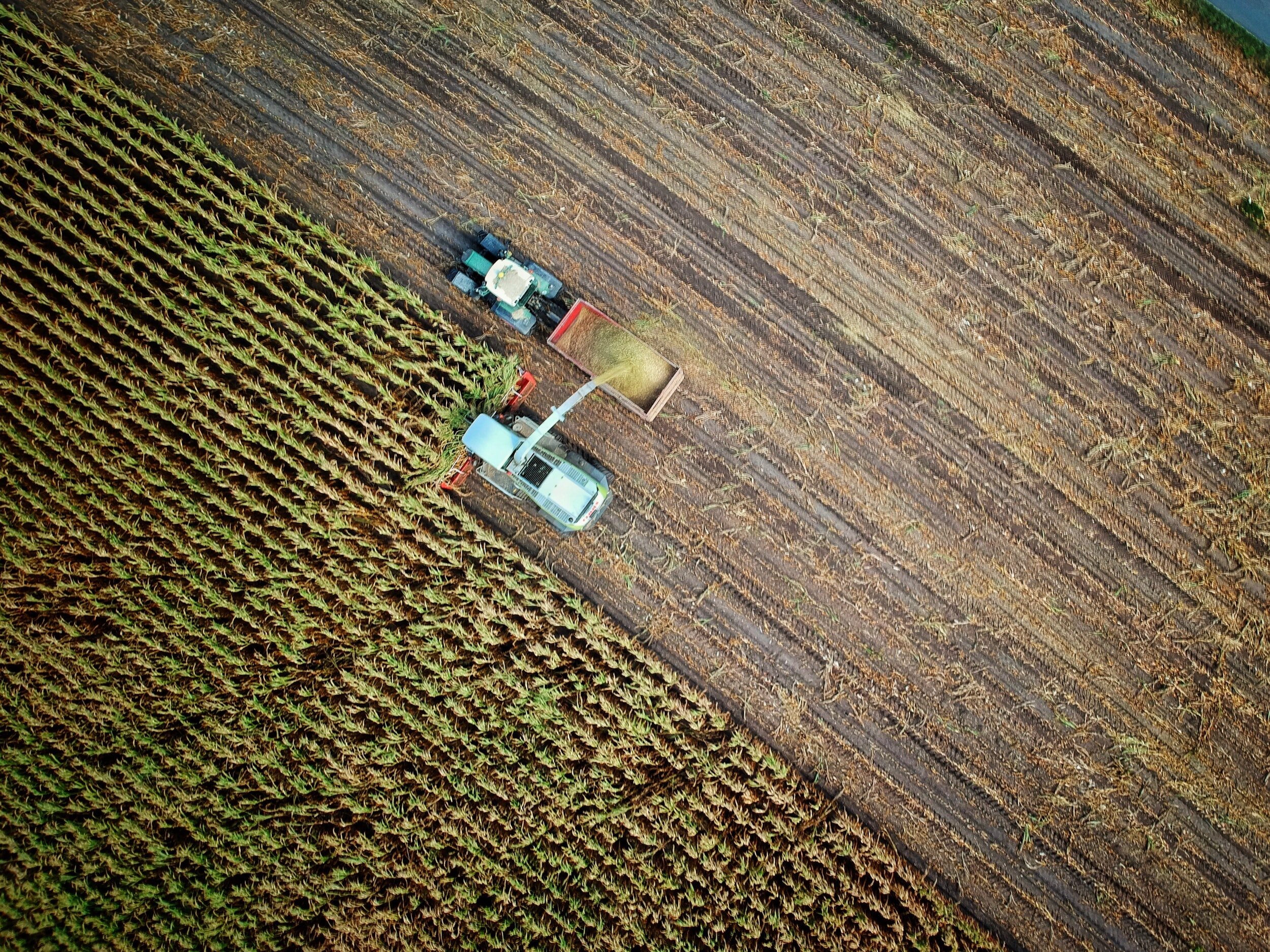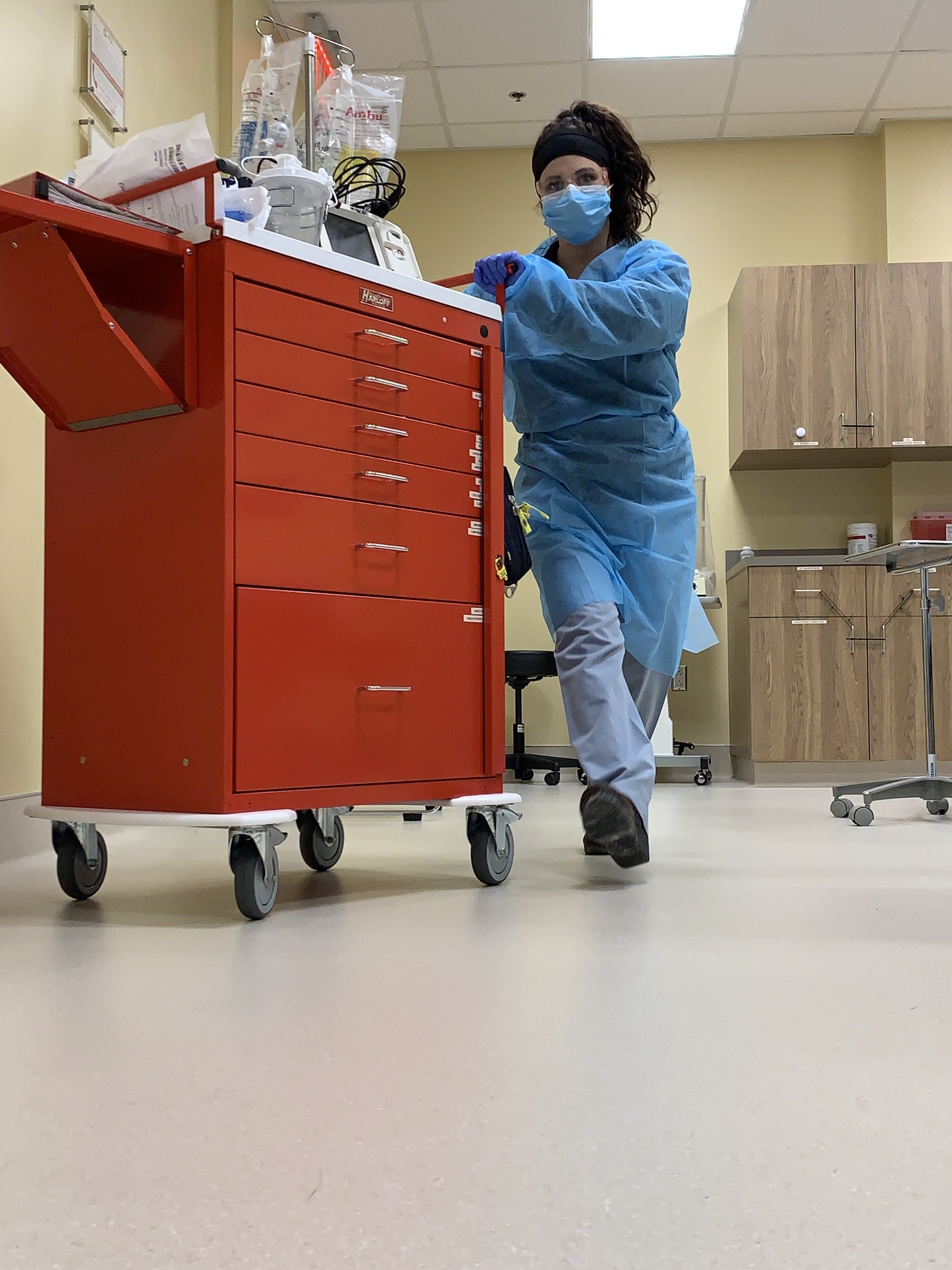Editorial

Public Health Lessons from the Past: Scapegoating
Crises such as the COVID-19 global pandemic can lead societies to blame others for their misfortunes, often a group of people from a racial, ethnic and/or religious minority [1]. This is known as scapegoating [1]. Since the COVID-19 pandemic began, Asian Canadians have been victimised as scapegoats, increasingly becoming targets of violent anti-Asian attacks…

Compounding Effects of Corruption on COVID-19
The COVID-19 pandemic has brought on challenges for communities around the world, including virus surveillance and containment, economic disruption, and unprecedented stress on healthcare systems. Communities have suffered extraordinary loss, and though the end may now be in sight with the development and administration of viable vaccines, the impacts and demands of this pandemic continue to evolve at unmanageable rates…

The Year of the Nurse and Midwife in a COVID-19 Pandemic: Reflections of a Nurse
The beginning of 2020 carried great expectations for nurses and midwives across the globe. In May 2019, the World Health Organization (WHO) nominated the year 2020 as the Year of the Nurse and the Midwife (YONM)…

The Emergence of Autoimmune Diseases and Associated Disparities in Global Research
In the last few decades, autoimmune diseases (AD) have been increasing in prevalence around the world, especially in Western and developing countries [1]. The common disease pathogenesis is an immune-mediated attack on the body’s own organs, seen in notable ADs such as type 1 diabetes, multiple sclerosis, inflammatory bowel diseases, systemic lupus erythematosus, and autoimmune thyroiditis [2]. Although the reasons behind the increasing prevalence of ADs are not entirely known, there are some hypotheses and trends that could help to explain this phenomenon. Even so, there are gaps in current AD research on a global scale that prevent us from making conclusions surrounding AD causes and risk factors.

The Complex Matter of Collecting Race-Based Healthcare Information
There is no question that racial inequalities translate into the public health context. These inequalities may manifest in the form of poor health outcomes due to factors including a lack of medical access and prolonged structural racism, which heavily impacts social determinants of health…

The COVID-19 “Infodemic”: An Intersection Between Fake News and Public Health
Although the world has witnessed numerous pandemics in the past, the present COVID-19 pandemic illustrates a unique phenomenon on the global stage: social media intermingling with the spread of health information.

Sexual Minorities Have Severely Less Access to HIV-Related Medical Services in the United States
Gay, bisexual, and men who have sex with men (gbMSM) are the most affected by HIV, accounting for 69% of new HIV infections in the United States. Among this population, black gbMSM experience significantly higher rates of HIV infection compared to all other racial groups and are the least likely to initiate antiretroviral treatment.

Vaccinating the World: Why COVAX is Critical to Halting the COVID-19 Pandemic
The global response to the coronavirus disease 2019 (COVID-19) pandemic has been complicated by the scarcity of medical resources.

The World Food Programme: Past Successes and Future Challenges in Reducing Global Hunger and Conflict
The World Food Programme (WFP) was awarded the 2020 Nobel Peace Prize for its food assistance programs in conflict-affected states and its work to prevent the use of hunger as a weapon of war. Since it was founded in 1961, the WFP has contributed substantially to reducing global hunger. Nevertheless, the Nobel Committee’s decision this year may not appear to be the obvious choice.

The Impact of Social Attitudes and Reproductive Expectations on Women
Mary Nghi Ngo examines the societal attitudes and expectations regarding reproduction as factors impacting women’s health and well-being.

COVID-Mediated Anthropause and the Pressing Need for a Planetary Health Perspective
The COVID-19 pandemic has stopped much of human activity in its tracks over the past eleven months, most notably due to many countries closing their borders, restricting public transport usage, and putting nation-wide lockdowns into place in an effort to enforce social distancing and control coronavirus case counts…

Op-Ed: Student Preparedness
We’ve all been there… we’re university students who are expected to be the “experts” at the dinner table. Over the past few months, I’ve sat down with my parents or roommates for a meal and been asked, “So what do you know about the Coronavirus? Have any of your professors talked about it? How concerned should I be?”

New York State Ventilator Allocation Guidelines: Legal and Ethical Dilemmas in the Materialization of Policy
One of the largest issues currently concerning policymakers and medical workers is that ventilators are running out in New York City, the epicenter of the COVID-19 outbreak in the United States.

Contain, Curb, and Cure: How can we stop the coronavirus and other future pandemics?
The entire world is under lockdown. Thousands of people are dying. The global economy has been dramatically halted. The coronavirus pandemic of 2020 is a major challenge that is affecting all countries, and thus requires a coordinated and scientifically informed approach.

Finding the Middle-Ground for Caesarean Section Rates between “Too Little, Too Late” and “Too Many, Too Soon”
Every year 300,000 women die during childbirth, and 99% of these deaths occur in low- and middle-income countries (LMICs). Access to Caesarean sections (C-sections) is a requirement for safe childbirth, and when medically indicated, provide a life-saving intervention…

Combating Deforestation in Freetown, Sierra Leone
Growing up near the foot of the hills of Freetown, Sierra Leone in the mid-1990s, life was a pleasant mix of childhood bliss and bountiful surprises from family and neighbours…

Tuberculosis (TB) Knows No Borders: Examining the Intersection of Migration and TB
With millions on the move, migration can pose as a significant global health phenomenon. In 2017, there were an estimated 258 million migrants worldwide, an increase from 248 million in 2015 …

Violence and Protest in Latin America: Why the People are Pushing Back After a ‘Lost Decade’
In recent years, Latin America has erupted into a state of civil unrest, with conflict and protests reaching a boiling point in Venezuela, Chile, Bolivia, Nicaragua, Ecuador, and other countries across Central and South America …

Gunning Down Health: The Deterioration of Health During Conflict
On the 27th of November 2019, two attacks in the eastern Democratic Republic of the Congo (DRC) resulted in 4 deaths and 5 injuries among workers responding to the Ebola outbreak [1]. Among the dead were a vaccination team member, two drivers, and a police officer…

The Sierra Leone Mudslide: An Environmental Disaster
Tragically, on August 14th, 2017, the Sugar Loaf Mountain in Freetown, Sierra Leone suffered a massive mudslide…
